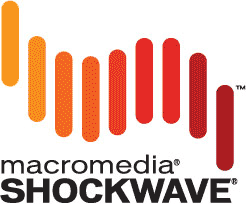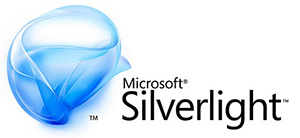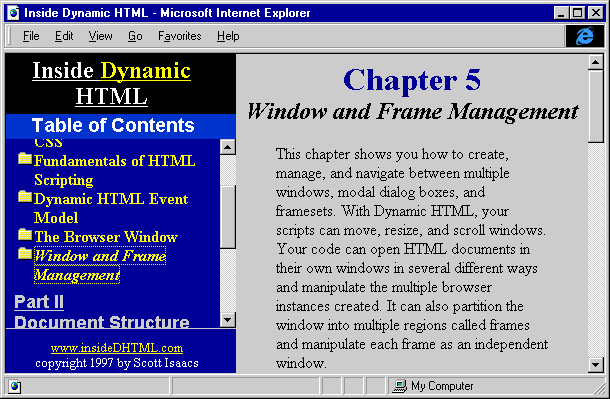Written by Ramón Saquete
Technological advances in the Web have always been made taking into account that technologies must be backward compatible so that websites that have already been created do not stop working. However, during the more than 20 years that it has been evolving, many proprietary and open technologies have become obsolete. However, this is good for SEO, as most of these technologies have never been indexable. If your website uses any of the technologies discussed in this post, you already have good reasons to ask for a new development of your site.
Adobe Flash Player

Flash Player enabled not only animations, but also web applications. There was a development framework called Adobe Flex (later Apache Flex) with which it was possible to make asynchronous calls like AJAX, today perfectly possible in a PWA (Progressive Web Application).
Google cannot index the content of Flash files (files with swf extension), it only indexes the files without knowing what content is in them and, moreover, the latter is something it is going to stop doing soon.
In all current browsers, Flash is already disabled by default or not installed at all and the user is asked for permission to run it. But this will go one step further: Microsoft Edge has announced that it will stop being able to run Flash by the end of 2020 and this decision is in line with the plans of all other browsers, so that users will not have any way of viewing this content on websites with this technology.
Adobe Shockwave Player

Microsoft Silverlight

Currently, not even Microsoft Edge allows the use of this technology and, of course, Google does not and has never indexed it.
Java Applets

Java applet execution was natively enabled by default for Java 1.0 in all browsers until 2001. This security hole-filled technology was removed in Internet Explorer 6 and Netscape Navigator version 7. From then on it was necessary to install the JVM by means of a plugin in successive browsers. Finally, due to security issues, this technology was blocked by default and it is now necessary to go to the security settings of each browser to allow its use, which makes users desist from viewing this content.
Google does not index Java, nor does it interpret Java, so it has never been an SEO friendly technology.
Java should not be confused with JavaScript, since JavaScript shares a piece of the name only because at the time there was an attempt to take advantage of the fame that Java had to promote JavaScript, but they are totally different languages. In fact, JavaScript is indexable, albeit with difficulty.
Frames
The tags <frame> and <frameset> were widely used in the page design of the 1990s, where it was common to find a side menu with a scroll bar and the content with another scroll bar. Today, the tags <frame> and <frameset> are no longer part of the HTML standard and you can do the same and more with CSS, although there is no longer any reason to do so: designs with scrollbars in the middle are not very usable, and even less so on mobile.
Indexing pages with these elements results in URLs with no content and URLs with each part of the page indexed separately. That is, the menu and the content are indexed with different URLs.
The <iframe tag >, is supported in the current HTML standard and is useful for loading a web advertisement without interfering too much with the performance of the rest of the page. However, your content will not be indexed by Google, so it should not be used to upload SEO-relevant content.
Final thoughts
Open standards have made many proprietary technologies obsolete, which is good for open web development. These proprietary technologies were not indexable, and although the new open standards can be run by Google, they are not indexable in all cases.
In the case of 3D graphics or virtual or augmented reality, Google’s robot cannot see the content created within these elements, nor interact with them, so they are not really indexable technologies for the time being. Although we do know that you can run them, so it is possible that a screenshot of the first image painted on the screen will be saved.
In the case of content displayed after the execution of JavaScript and AJAX calls, Google does manage to index this content, although it does not always have the resources to do so.




